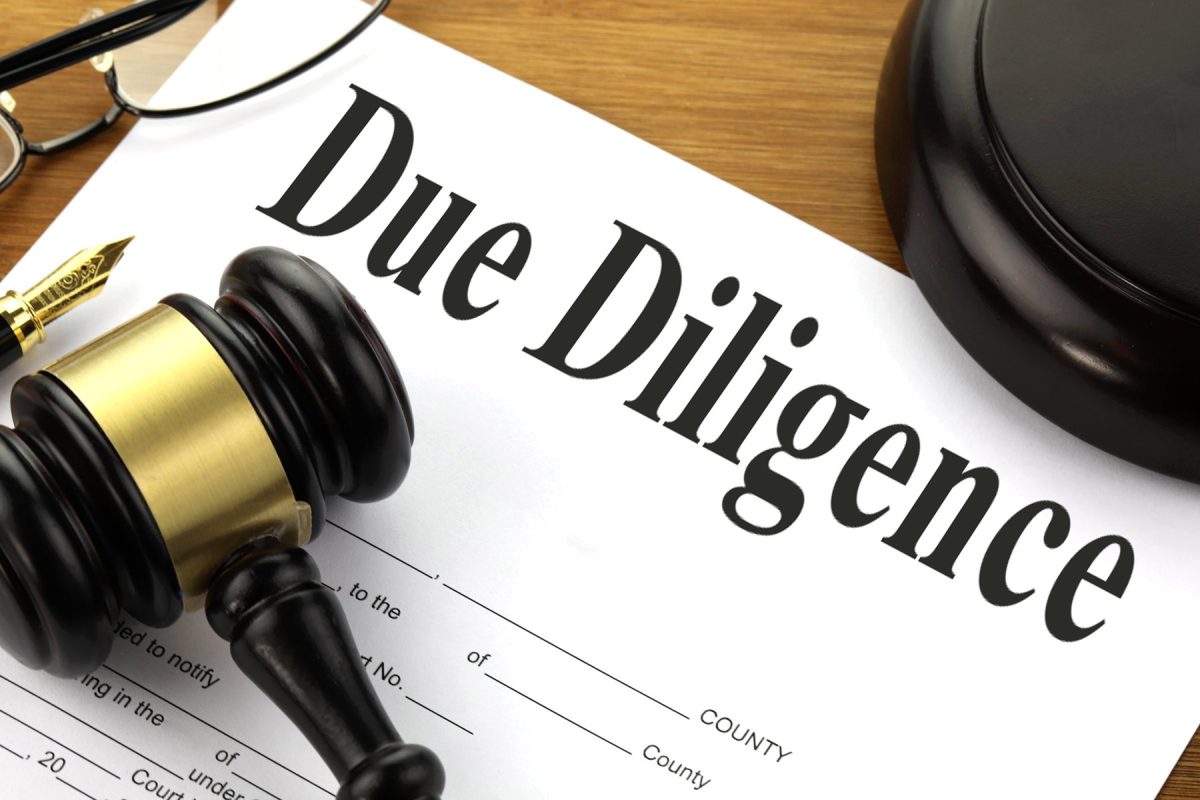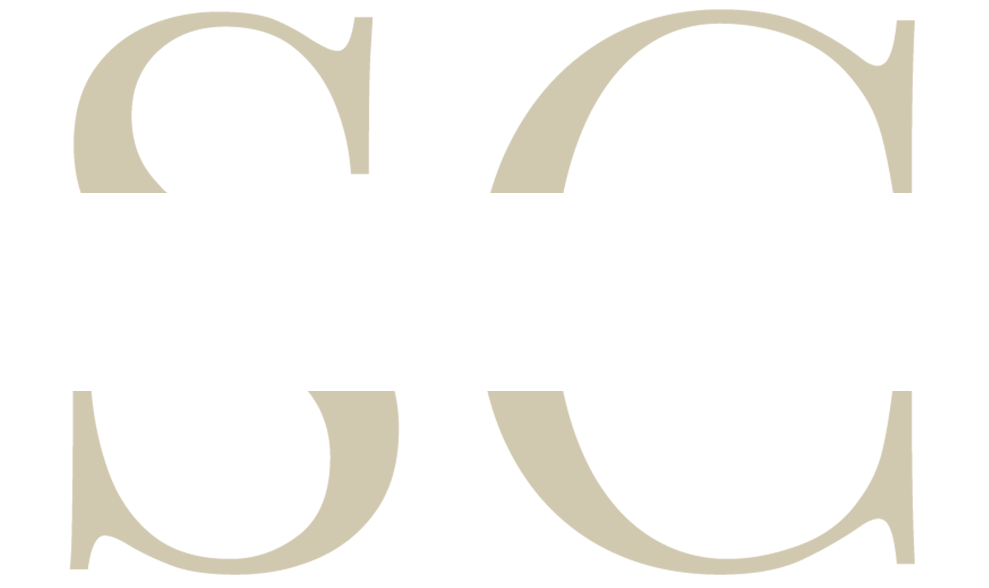Amid the turbulent economic climate of Turkey, the importance of undertaking a rigorous damage assessment and exercising due diligence before implementing new financial policies cannot be overstated. With the economy reeling from a range of homegrown unorthodox and unscientific policies, the recent elections have given way to an opportunity for a much-needed shift in economic management and policy-making. However, charting the way forward requires a comprehensive understanding of the state of the nation’s economy, the damage inflicted thus far, and the potential impacts of new policies.
Comprehensive damage assessment for understanding economic state and recovery steps
Damage assessment is a critical starting point in this process. It is a systematic approach to determine the extent of damage inflicted on the economy due to prior policies. This damage can range from a high inflation rate and soaring unemployment, to stunted growth, crippled domestic industries, and a potentially unsteady exchange rate. A thorough damage report provides a clearer understanding of the present economic conditions, the depth and extent of economic dislocation, and aids in identifying the strategic steps required to rehabilitate and rejuvenate the economy.
The assessment should not only quantify the economic damages, but also delve into the underlying causes and contributing factors that have led to the present state. Such analysis will reveal policy missteps, regulatory failures, and systemic weaknesses. Furthermore, it will help to determine the necessary changes to avoid repeating past mistakes.
Due diligence in policy development: scientific approaches and impact assessment
Once the damage report is complete, it provides an indispensable roadmap for policy development. However, this alone isn’t enough. Rigorous due diligence must also accompany the crafting and implementation of these new policies. In economic terms, due diligence refers to the exhaustive appraisal of the prospective policies and strategies, to ensure they are based on sound economic principles, are practicable, and are likely to achieve their intended outcomes.
Ongoing monitoring and evaluation for effective policies
Due diligence should involve a scientific approach to policy-making, including rigorous data analysis, impact assessment, and risk evaluation. Policymakers should critically examine the proposed measures’ potential effects on different sectors of the economy, their feasibility, and their short and long-term implications. Additionally, they should identify potential obstacles and develop contingency plans accordingly. The process should also include ongoing monitoring and evaluation mechanisms to gauge the effectiveness of the policies and make necessary adjustments.
Opportunity for Turkey to reinvent economic policies with clear understanding and due diligence
In a time of economic uncertainty, damage assessment and due diligence are key to charting a path toward stability and growth. With the new administration in place, Turkey has an opportunity to reinvent its economic policies and restore the health of its economy. However, this reinvention must be based on a clear-eyed understanding of the state of the economy and a commitment to robust due diligence. Without these, any policy changes risk repeating the mistakes of the past, deepening economic hardships, and squandering the opportunity for genuine, sustainable improvement.

